According to new regulations of the European Union (EU), products such as coffee, cocoa, wood and rubber... if originating from areas with devastated or degraded forests will not be exported to this market. Vietnam is a country that exports many agricultural products to the EU, so it is predicted that many items will be affected.
Sharing about the impact on the coffee and cocoa industry, Mr. Nguyen Nam Hai - Chairman of the Vietnam Coffee and Cocoa Association - said that Europe (EU) currently accounts for about 45% of the total volume of about 1.6 - 1.7 million tons of coffee exported from Vietnam each year. Therefore, the Vietnamese coffee industry will have to comply with the regulations against deforestation and forest degradation approved by the European Council.
According to Mr. Hai, for many years, Vietnam's coffee area has been stable at 650,000 - 700,000 hectares. Of which, Vietnam has about 1.3 million coffee growing households, most of which have an area of only 0.5 hectares or less.
This area is actually legal, not planted on land due to deforestation or forest degradation. However, proving the origin according to regulations is not easy.
“In case of tightening, the Proof of origin of coffee growing land significant impact. However, this is also an opportunity for the Vietnamese coffee industry to affirm its reputation and build its brand," Mr. Hai said, suggesting that the Ministry of Agriculture and Rural Development (MARD) and related units should step up the dissemination of regulations and warnings to people and businesses so that units can prepare, because time is running out as this regulation will be applied by the EU at the end of 2024.
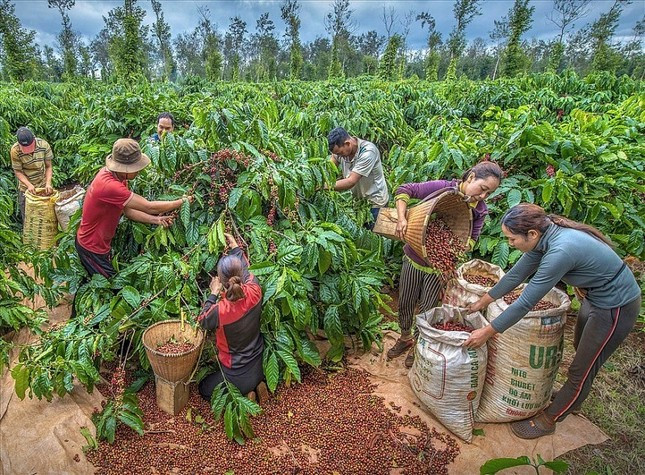
Mr. Nguyen Minh Hoa - Vice President of Vietnam Cashew Association - said that the Vietnamese cashew industry is unlikely to be affected much by this regulation because the cashew area has been stable for many years, with no new areas arising from deforestation.
However, the problem is Raw cashew nuts imported from Cambodia by Vietnam and Africa quite a lot. Therefore, if these countries are also caught up in the "anti-deforestation" regulations, the export of Vietnamese cashews to Europe will be more or less affected.
"After Europe, it is possible that the US, Japan, Korea... and even China will apply this regulation more strictly. Therefore, Vietnam must comply with the regulations of other countries. We must act soon and cannot stand aside," said Mr. Hoa.
The Vietnam Timber and Forest Products Association said it has informed businesses about the new EU regulations. Accordingly, the association assesses interior and exterior products or industrial boards, and other products as items regulated by this regulation.
However, currently Vietnam no longer converts natural forest land. In cases of illegal conversion, there are no timber products exported to the EU. The new regulation will not cause too much difficulty for timber businesses.
However, the Timber and Forest Products Association also noted that with this new regulation, wood industry businesses will have more work to do. Businesses must increase their accountability and traceability of the wood materials they use.
Minister of Agriculture and Rural Development Le Minh Hoan said that the EU's regulations on combating deforestation and forest degradation for agricultural production, including coffee, are both a challenge and an opportunity for Vietnam to restructure agricultural products for sustainable development. The requirement for traceability and transparency of the origin of agricultural products is an inevitable demand from the market.
Mr. Hoan requested the Department of International Cooperation - Ministry of Agriculture and Rural Development to soon submit an action framework to implement the regulation. In the action framework, it is necessary to promote communication so that competent agencies and farmers clearly understand the EU regulations on combating deforestation and forest degradation in agricultural production. In particular, the content must clearly define the responsibilities of the Ministry of Agriculture and Rural Development, authorities at all levels and the people.
Source


![[Photo] Prime Minister Pham Minh Chinh receives Chairman of Skoda Auto Group](https://vstatic.vietnam.vn/vietnam/resource/IMAGE/2025/3/27/298bbec539e346d99329a8c63edd31e5)

![[Photo] Nearly 2,000 people enthusiastically participated in the Olympic Running Day - For the security of the Fatherland](https://vstatic.vietnam.vn/vietnam/resource/IMAGE/2025/3/27/33bed26f570a477daf286b68b14474d4)






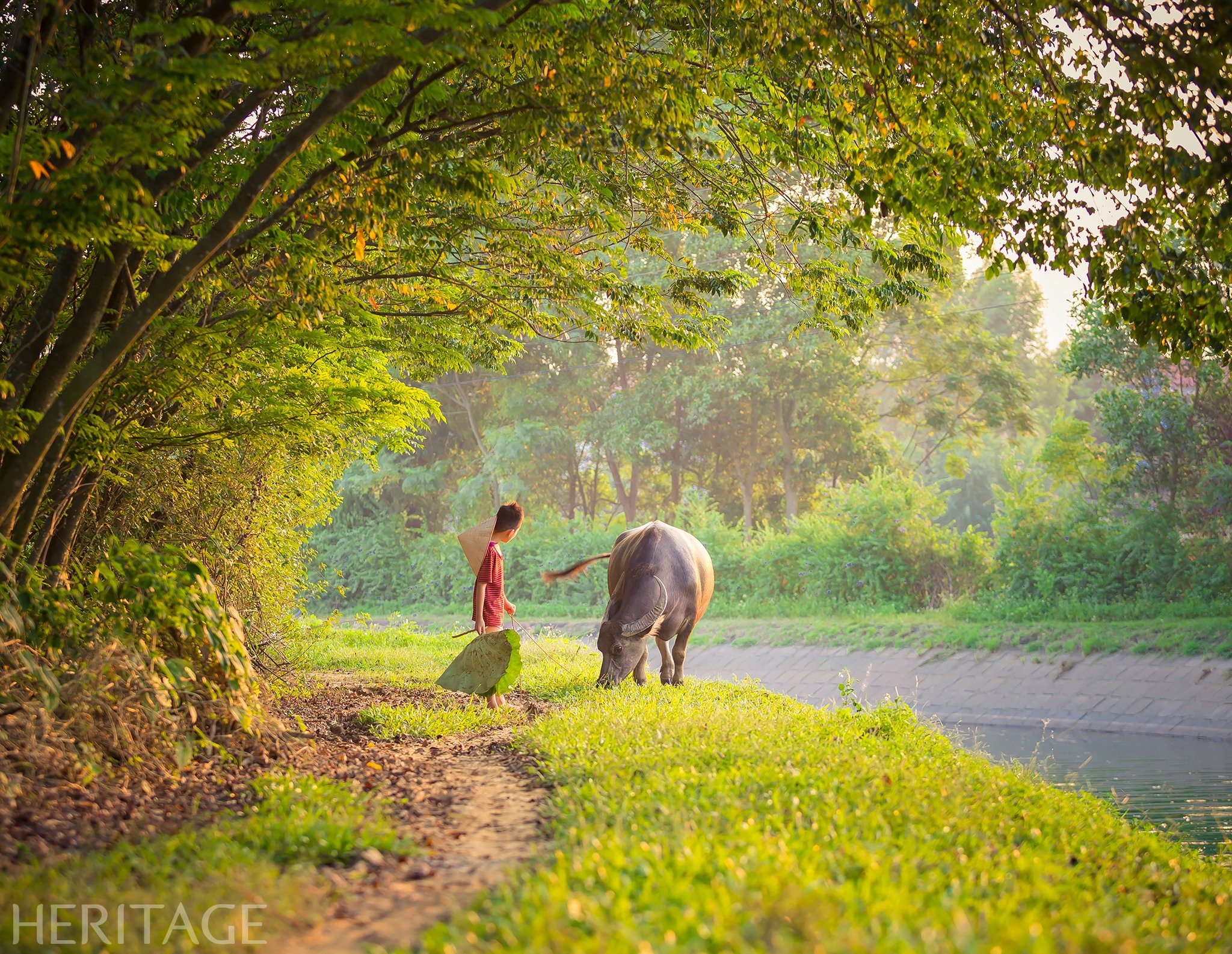


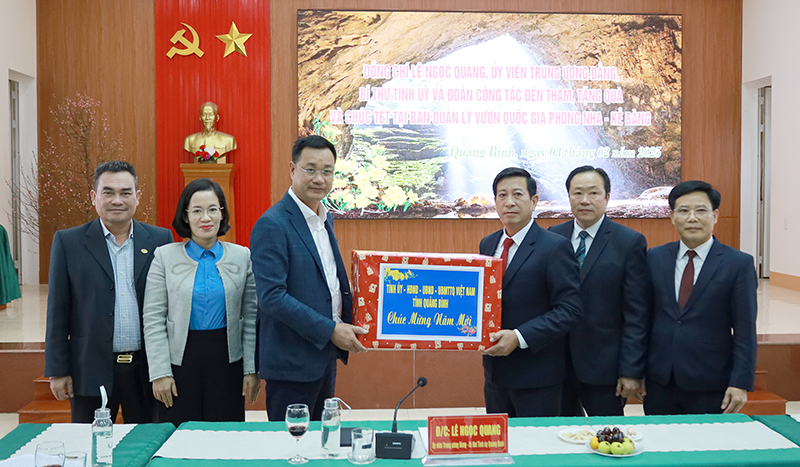

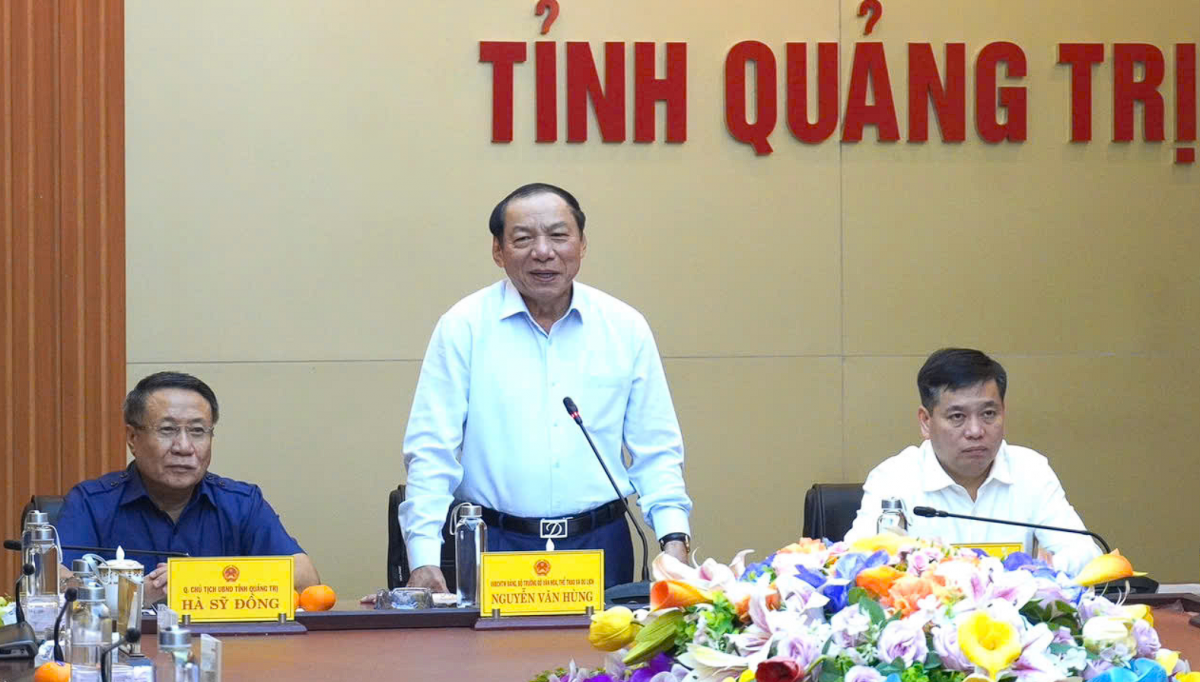

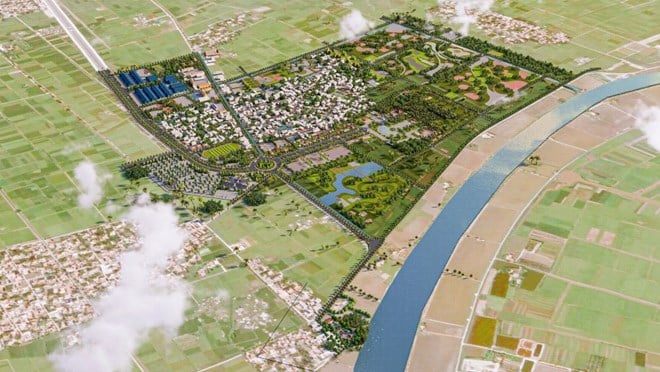




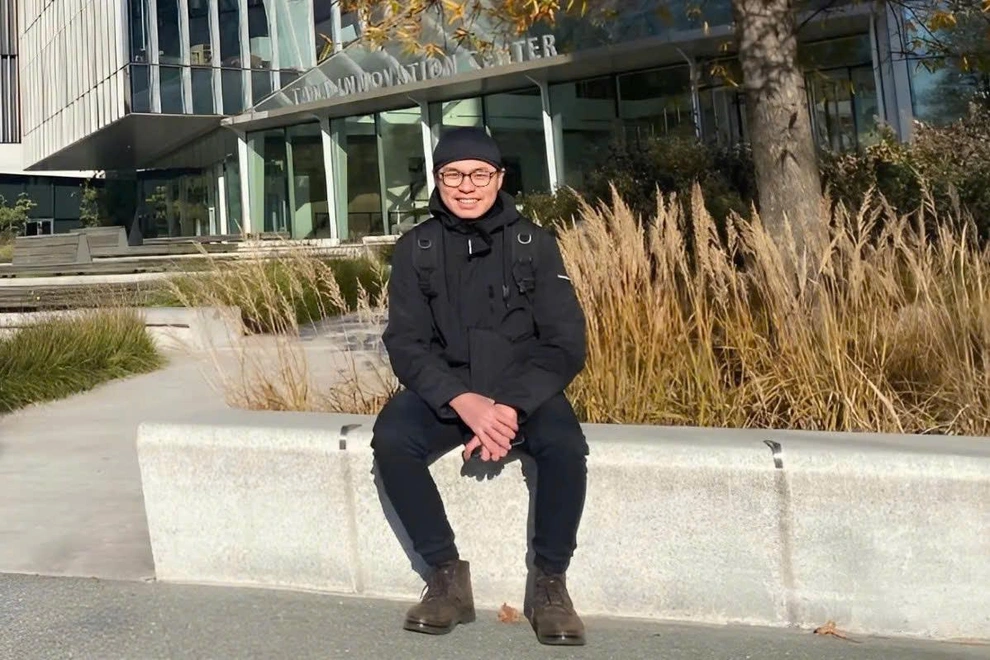










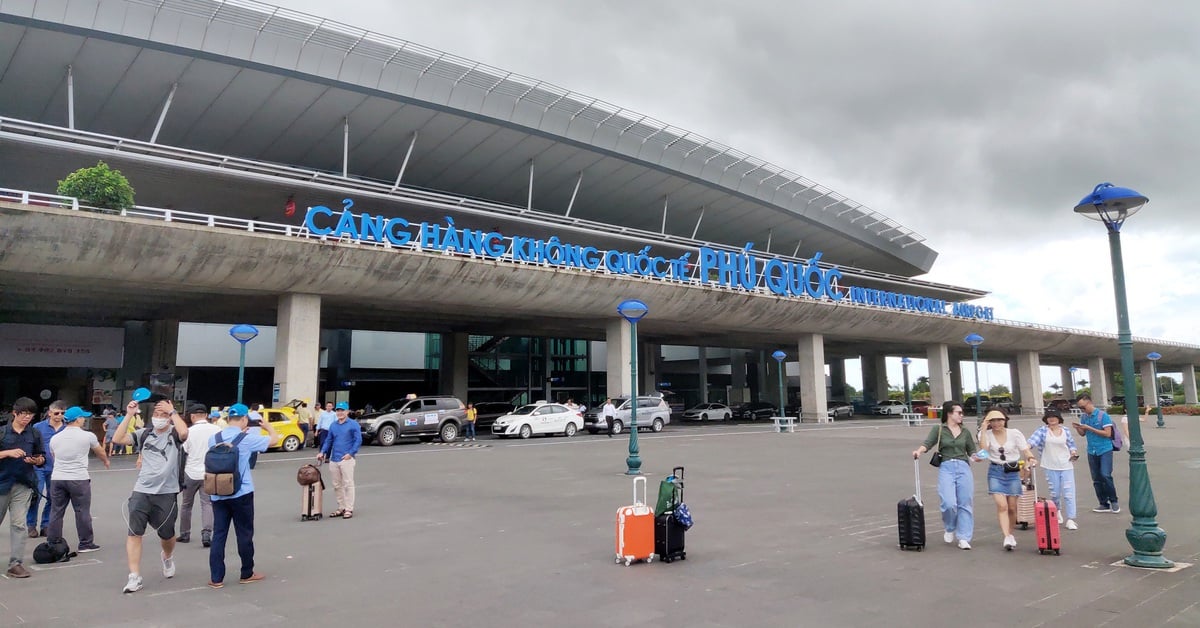





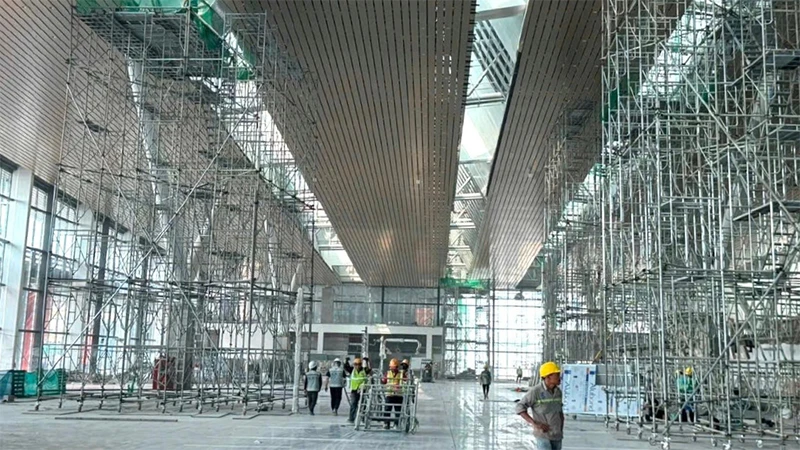



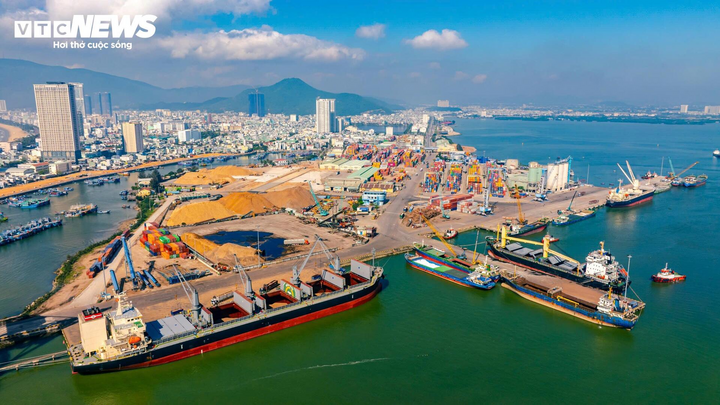





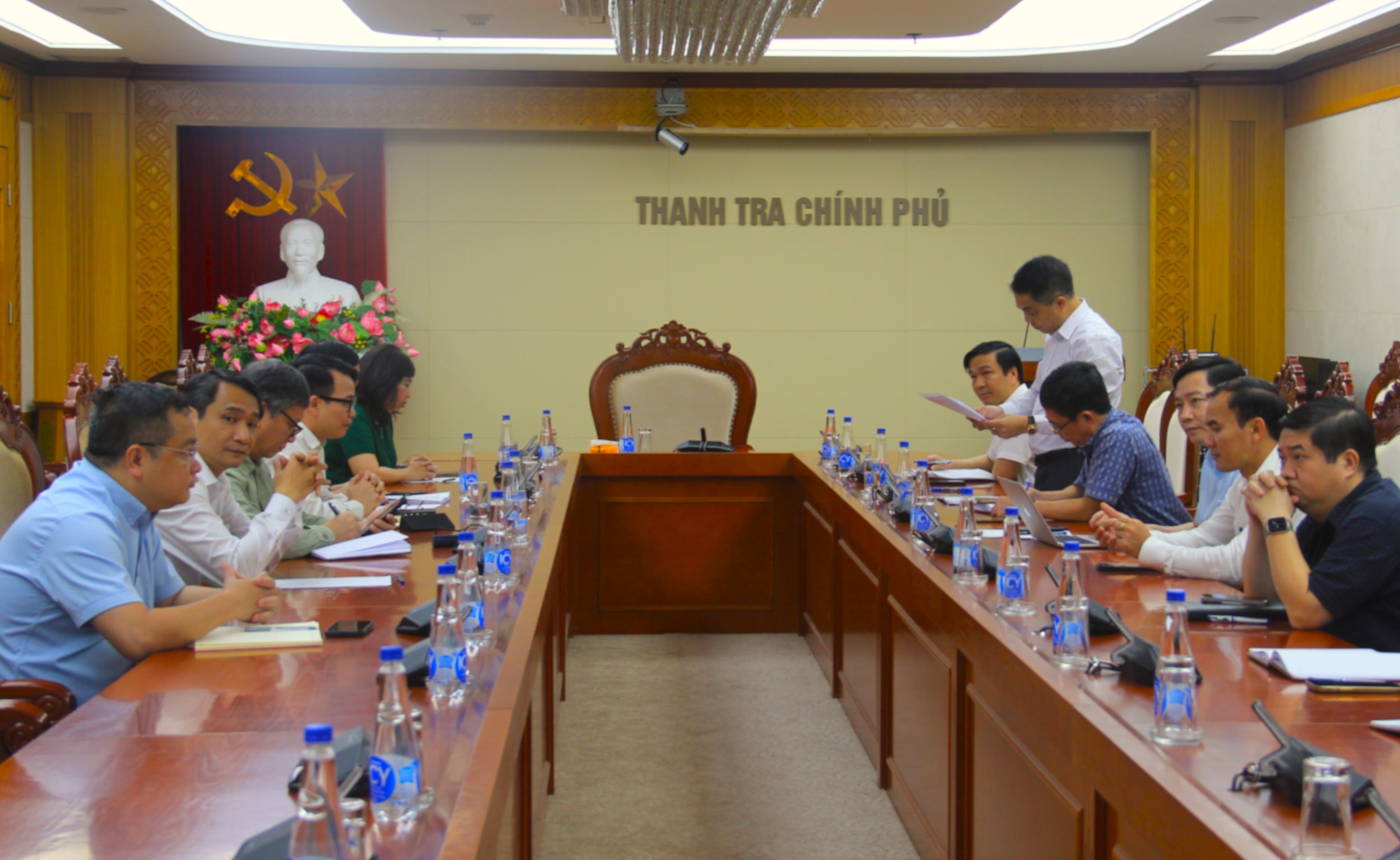




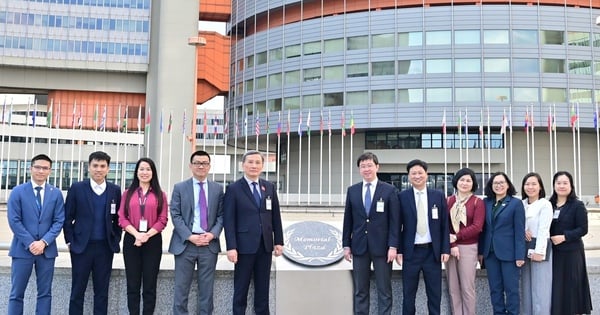




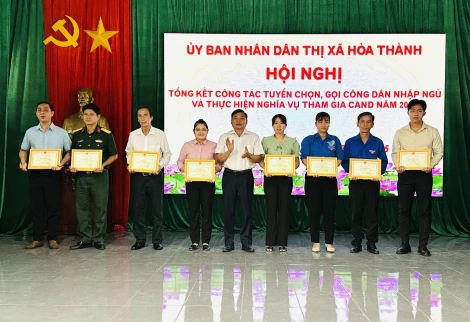
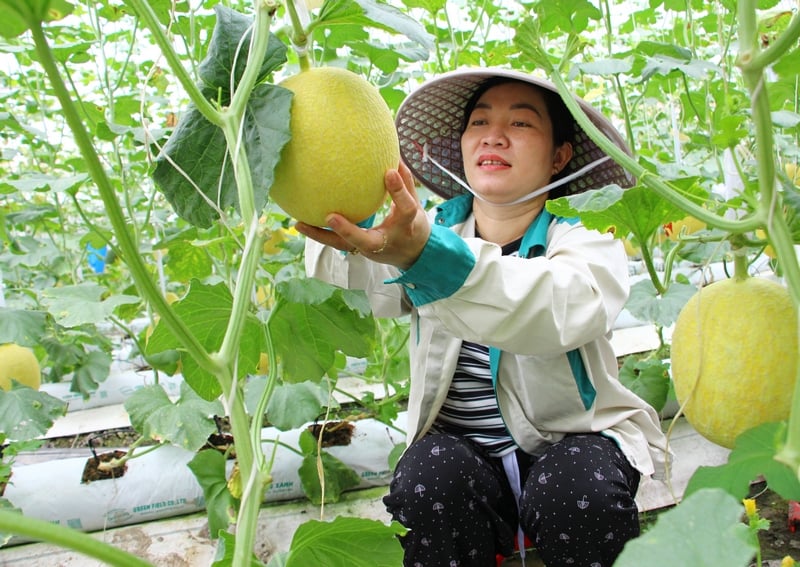


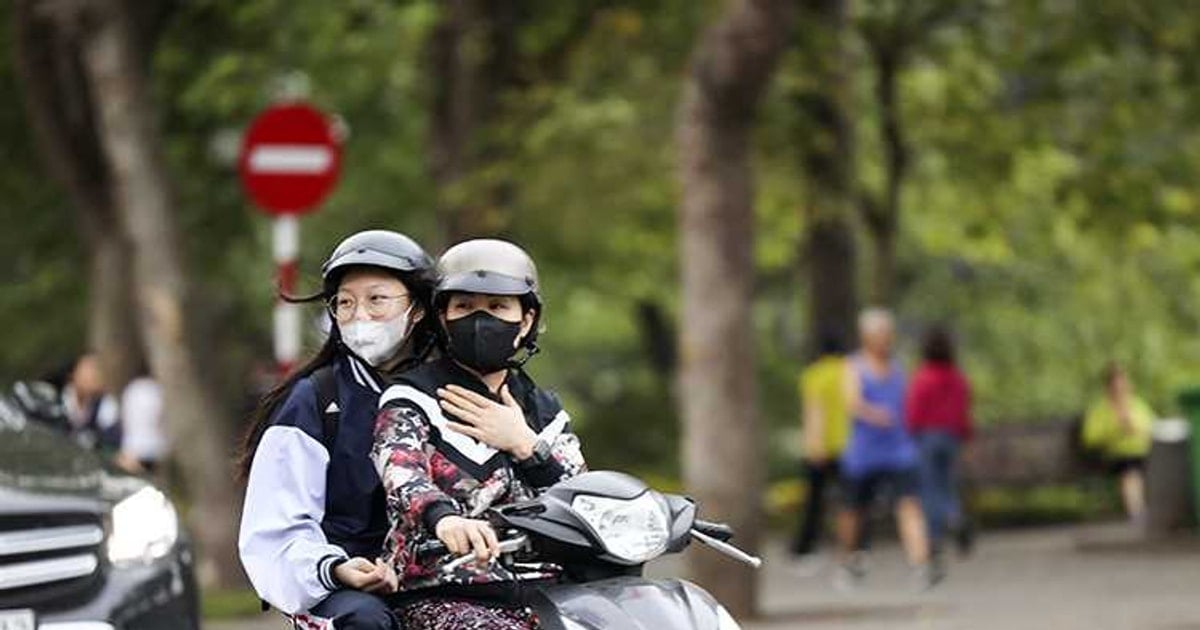


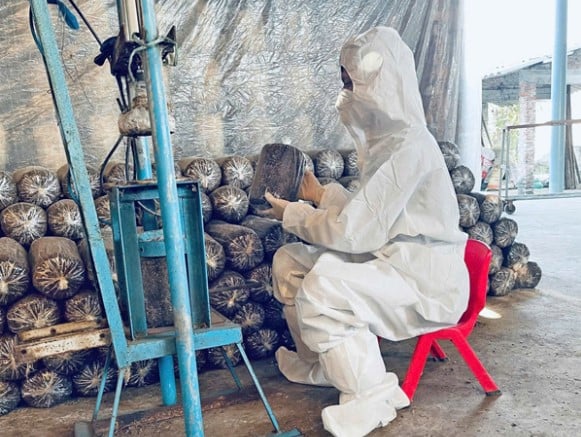
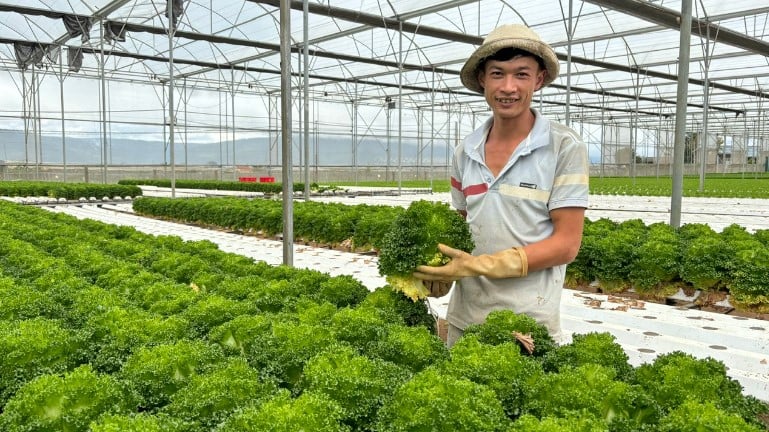




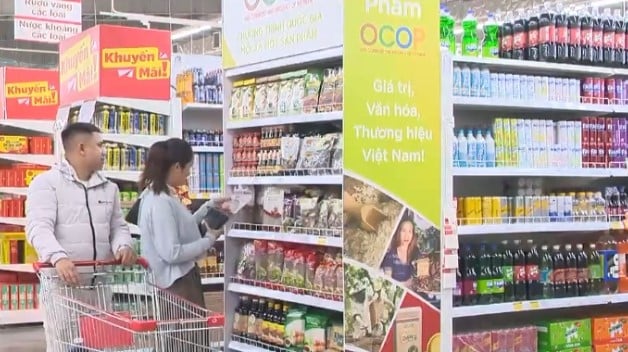

Comment (0)